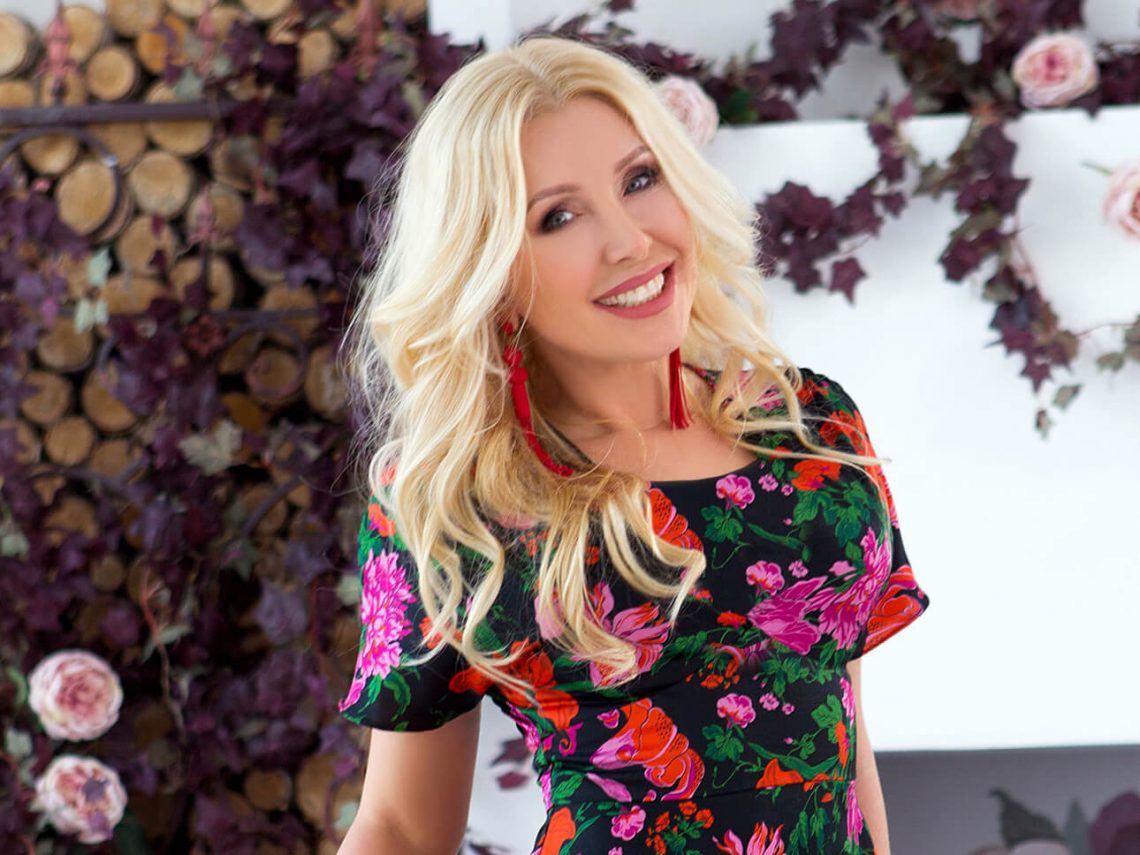
Why Do We Choose Emotionally Aloof Partners?
People dreaming of intimacy are attracted to those afraid of it. Individuals fiercely fighting for their independence like people constantly intruding into their personal space. It doesn’t sound logical, but it’s our innate feature. What makes us fall in love with emotionally aloof partners, and is there a chance to change it? Here are some of Kyle Benson’s (a relationship coach’s) ideas about this phenomenon.
Affection is like a big alarm button in our brain. When everything flows well, we don’t need it. We meet with friends, make plans, work, and are happy because we are alive. However, when something bad happens, this negative experience causes anxiety which, in turn, activates our alarm button. The latter sends us a signal: look for intimacy. We engage in a relationship that supports us; to be more precise, our idea about ourselves. If we evaluate ourselves negatively, we feel comfortable in a relationship with people who has the same idea about us.
Three relationship strategies
The affection we had for our mother in childhood defines one of three relationship strategies.
Healthy strategy (safe affection)
According to psychological researches, approximately 50% of people use this strategy. Such people are easy to get in contact and communicate with others. They don’t feel uncomfortable when someone depends on them, and they aren’t afraid to lose their freedom as well. They perceive themselves and others positively. If a partner dislikes something in a relationship, they are always ready for a dialogue.
Manipulative strategy (anxious affection)
These people are looking for maximal intimacy in a relationship. Their ideal is complete merging with a partner. They often worry that a partner doesn’t love them enough and are afraid of being left alone.
People of this type underestimate themselves and idolize others, doing everything possible to meet the expectations of people who are significant for them. Too tenacious, they are always looking for outer confirmation of their worth since they don’t feel it.
Avoiding strategy (leave me alone)
Representatives of this group feel uncomfortable in a close relationship, don’t like depending on others, and prefer avoiding others’ dependence on them. From personal experience, they know that intimacy brings only suffering; consequently, they are looking for independence and self-sufficiency. Such individuals perceive themselves too positively treating others definitely negatively. They aim at making use of tenacious people’s insecurities to enhance the feeling of their own superiority.
Who chooses whom and why
The last two types of people are attracted to each other, despite the fact that it is obvious that their relationship is doomed to destructive. More importantly, they will reject the partner until he / she changes his / her behavior to the desired one like that of the online slavic girl.
What about people with the first type of affection? They are looking for a partner with the same, healthy, and safe affection type.
Why can’t the first type date the second or the third one? It’s possible, but there is no mutual attraction or interest that would keep them together for a long time.
What should I do?
First of all, you have to define your affection type. That’s how you can find and preserve a relationship if you haven’t managed to do it before. Provided you continue meeting “wrong” partners, the main reason is you.
Why are we falling for emotionally aloof partners?
Emotionally aloof partners dominate “on the market”
Such people are very independent, they can successfully subdue their emotions. Therefore, it’s not a problem for them to end a relationship so that they are always looking for a new partner.
People with a safe affection type don’t engage in a series of long meetings and searches. Once they feel the “chemistry,” they decide they’ve found an appropriate partner and anticipate a lasting relationship. That’s why they are the most difficult to find – they rarely enter “the market,” and upon doing this, they don’t stay there for a long time but engage in a new relationship.
Besides, emotionally aloof partners rarely date similar people: no one feels like they want to emotionally invest in a relationship.
Combining all elements of a puzzle together, it turns out that there is a distinct possibility of meeting an emotionally aloof partner. These people don’t engage in a relationship with each other since they need space and independence; they don’t date people with a safe strategy since the latter are rare “at the relationship market,” thus, who do they attract? The answer is evident: they attract people with an anxious affection strategy who are looking for the utmost intimacy.
We find them extremely appealing
Very often, we don’t realize that partners we are obsessed with are only capable of enhancing our deep lack of self-confidence. At an early stage of a relationship, an emotionally aloof partner is sending mixed signals: they call but not always, they don’t hide their affection but yet show they are still in search. This strategy is rather beneficial: receiving a contradictory message, a “needy” partner with an anxious strategy of affection becomes obsessed with a relationship. Friends, hobbies, interests, and career take second place.
Emotionally open partners aren’t “hot enough“ for us
Let’s imagine that we’ve been lucky enough to meet a person whose childhood was calm and simple, just like their world outlook is? Would we decide we’ve won a lottery or that we lack something in a relationship with this person?
Emotionally open partners don’t pretend to be distant or sacrifice everything to conquer us. In their world, there is no place for mysteries, suspense, and tiresome waiting. Being with such a partner, we feel calm and we don’t believe that we’ve found our Only one because “nothing special happens.” Emotions don’t overwhelm us, and we feel bored. For this reason, we may lose really great partners.
Ups and downs, doubts and delights, as well as constant waiting in a relationship with emotionally aloof people shouldn’t be considered passion or love. It may look so, but it’s definitely not the case. Don’t let these things absorb you. No matter how hard it may seem, try to understand what childhood affection mechanisms rule your choice of a partner. Believe that it’s possible and you will see that an emotionally healthy relationship will definitely make you happier.




